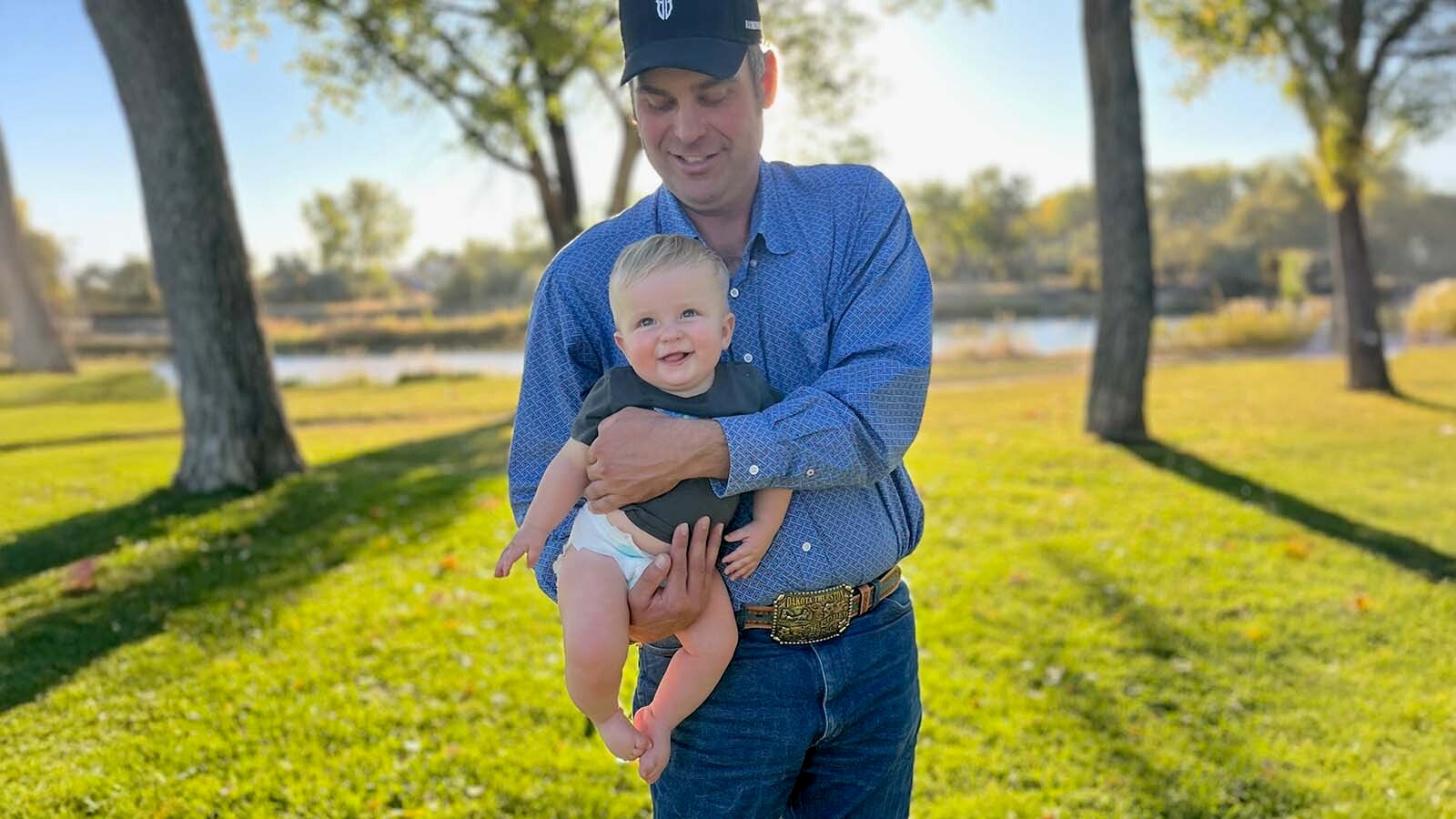The reality television star suing the Wyoming Game and Fish Department is also fighting her criminal poaching convictions with an appeal in a Pinedale court.
Melanie Peterson, 57, gave variations of guilty pleas this summer to four misdemeanor hunting violations in Pinedale Circuit Court. Three of those were “Alford” guilty pleas, which means she’s not admitting guilt, but acknowledges the state had enough evidence to convict her.
The pleas also were conditional: she reserved her right to appeal some of Pinedale Circuit Court Judge Curt Haws’ judgment calls on what evidence the prosecutor was allowed to use against her.
Haws imposed a total of $11,670 in fines and restitution for the four misdemeanor convictions.
That includes a $3,000 fine for being an accessory in one client’s reported unlawful antelope harvest; $500 for guiding without a license; $4,000 for being an accessory in another client’s unlawful taking of a bear; and $100 for not reporting violations while being a hunting guide – plus $4,000 in restitution.
The Claims
Peterson filed an Oct. 12 appeal brief in the Sublette County District Court, arguing that Haws should have excluded from her case the testimonies of two of her hunt-guide clients, and the contents of a five-hour interview she had with game wardens at her cabin.
The brief calls the interview an “interrogation.”
Peterson, via her attorney Brandon Vilos, argues that these pieces of evidence exist because of what the brief calls “illegal” search warrants issued in 2019 — one used on her private and professional social media accounts, and one on her Sublette County property.
Lastly, the appeal claims that Wyoming’s requirement for hunting guides to report hunting violations is unconstitutional as applied to her case because it would erode her constitutional right against self-incrimination.
The Clients And Their Kills
If Peterson had a criminal trial instead of pleading guilty, former clients Dr. Brandon Dailey and Craig Carter would have been able to testify against her.
Authorities believed Dailey poached a black bear while under Peterson’s guidance, and that Carter poached an antelope also under her watch.
Peterson argues that authorities wouldn’t have secured the kind of testimonies they expected at trial without the “illegal” search warrants unleashed broadly on her social media accounts and her cabin, which both resulted in a deluge of evidence.
These testimonies, she claims, are “fruit of the poisonous tree,” or spoils gotten from unconstitutional investigative maneuvers. The appeal points to a game warden’s admission in an earlier hearing that multiple particulars used to investigate Dailey and Carter came from evidence divulged by the 2019 warrants.
Another Facebook Warrant?
Haws in his order allowing the men’s testimony pointed to other bits of evidence agents had to suspect each man.
For example, game wardens found Dailey’s application for a bear license and application for a duplicate license several days later odd. They scrutinized a publicly available photograph of Carter with his antelope.
“If there is some duplication of information obtained via the (Facebook warrant served on Dailey) and the 2019 warrants, that information comes from a totally different line of inquiry and is not tainted in the least by the 2019 warrants,” Haws wrote in his Dec. 22, 2022, order.
Villos countered, arguing on Peterson’s behalf that no Facebook warrant was served on Dailey, and that Haws didn’t apply the proper legal principles in allowing the men’s testimonies to remain in the case.
Tactical Decision
Haws also had noted that the decision to remove evidence gotten directly from the 2019 warrants from the evidence pool came via an agreement between Peterson and the prosecutor, not a judicial order proclaiming the warrants unconstitutional.
“The Defendant’s fundamental assumption is that there were gross constitutional violations in the 2019 warrants and that the state’s proposed evidence should be excluded under the fruit of the poison tree doctrine,” wrote Haws. “From the Court’s perspective, however, the parties’ stipulation does not go so far. That stipulation (agreement) simply recites the state’s choice not to contest the motions to suppress (evidence).”
The prosecutor’s decision to pull out the contested evidence looked more like a “tactical determination,” the judge added.
At one point the prosecutor was charging Peterson with 21 hunting violations. All but four of the charges were dismissed when Peterson gave her guilty pleas.
Sublette County Attorney Clayton Melinkovich has not yet filed his argument in Peterson’s appeal, nor has Sublette County District Court Judge Kate McKay ruled on it, the case file indicates.
Clair McFarland can be reached at clair@cowboystatedaily.com.





